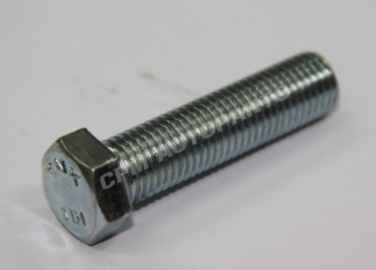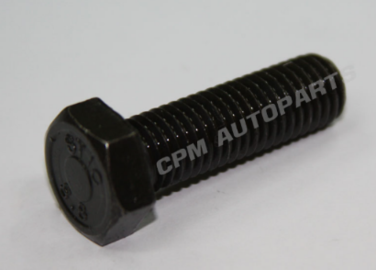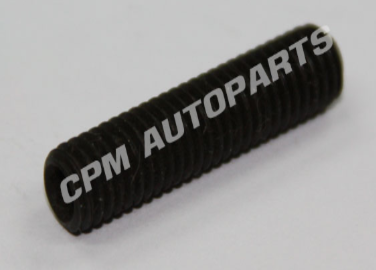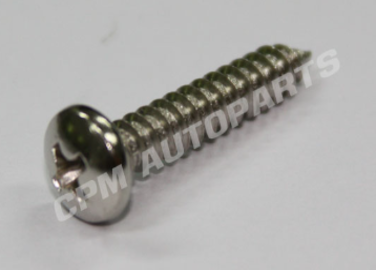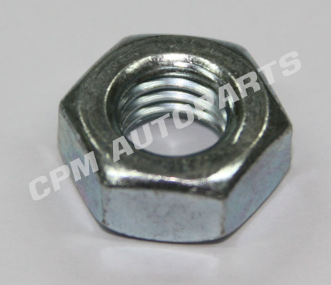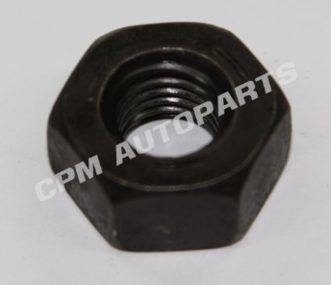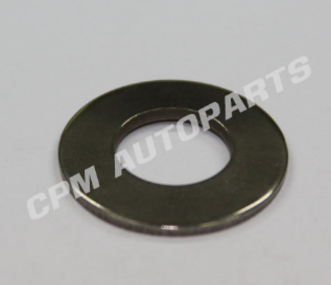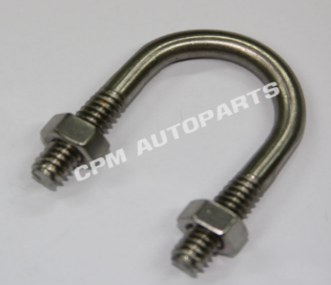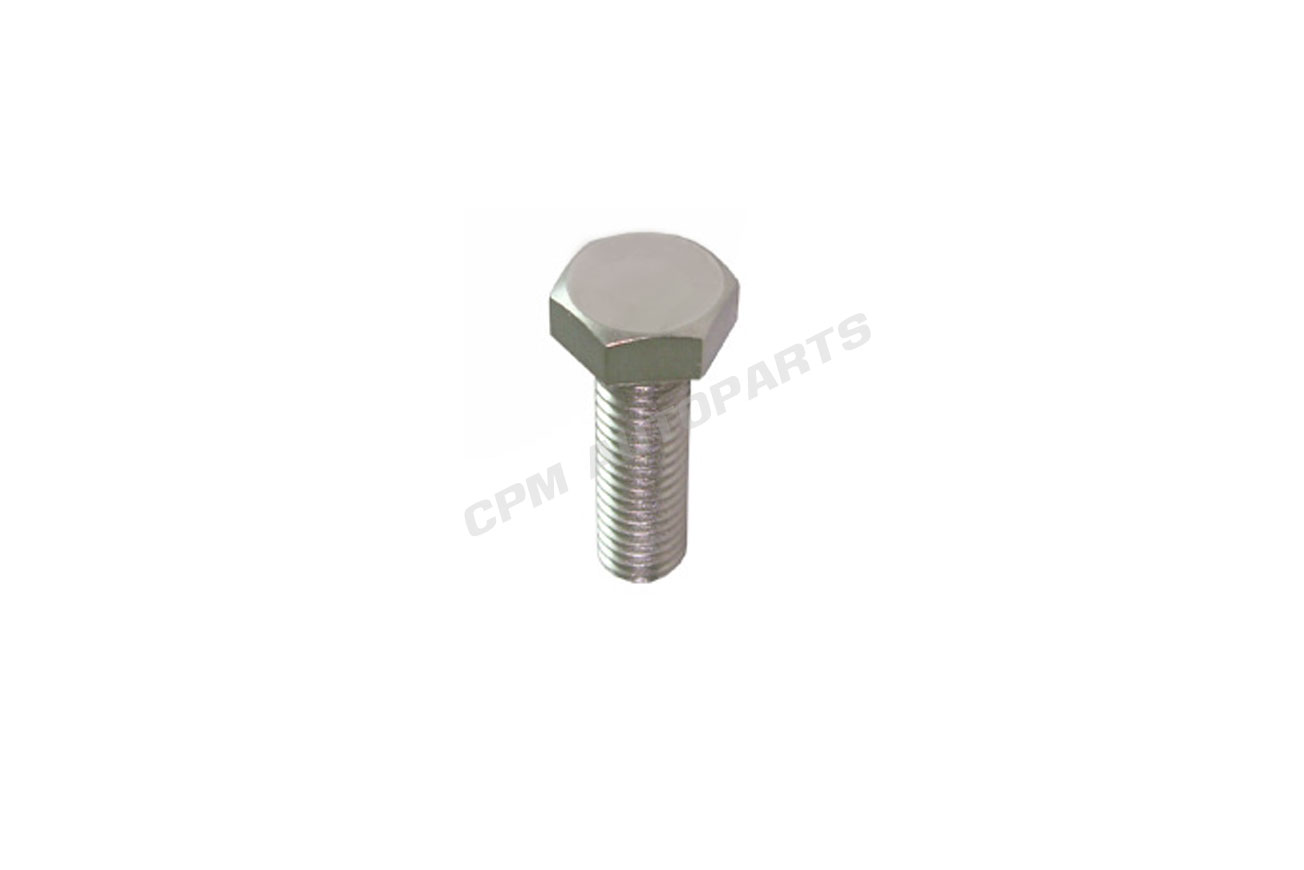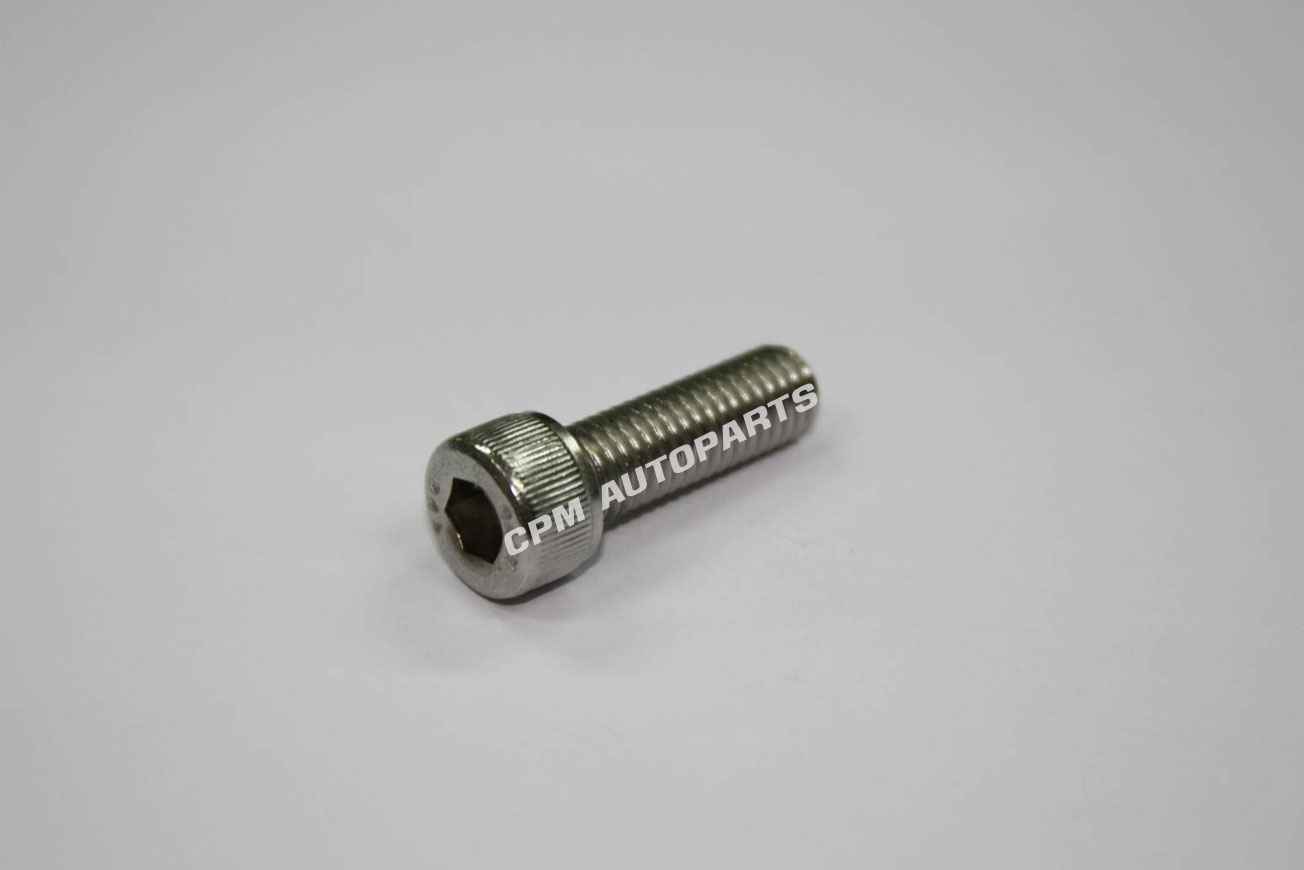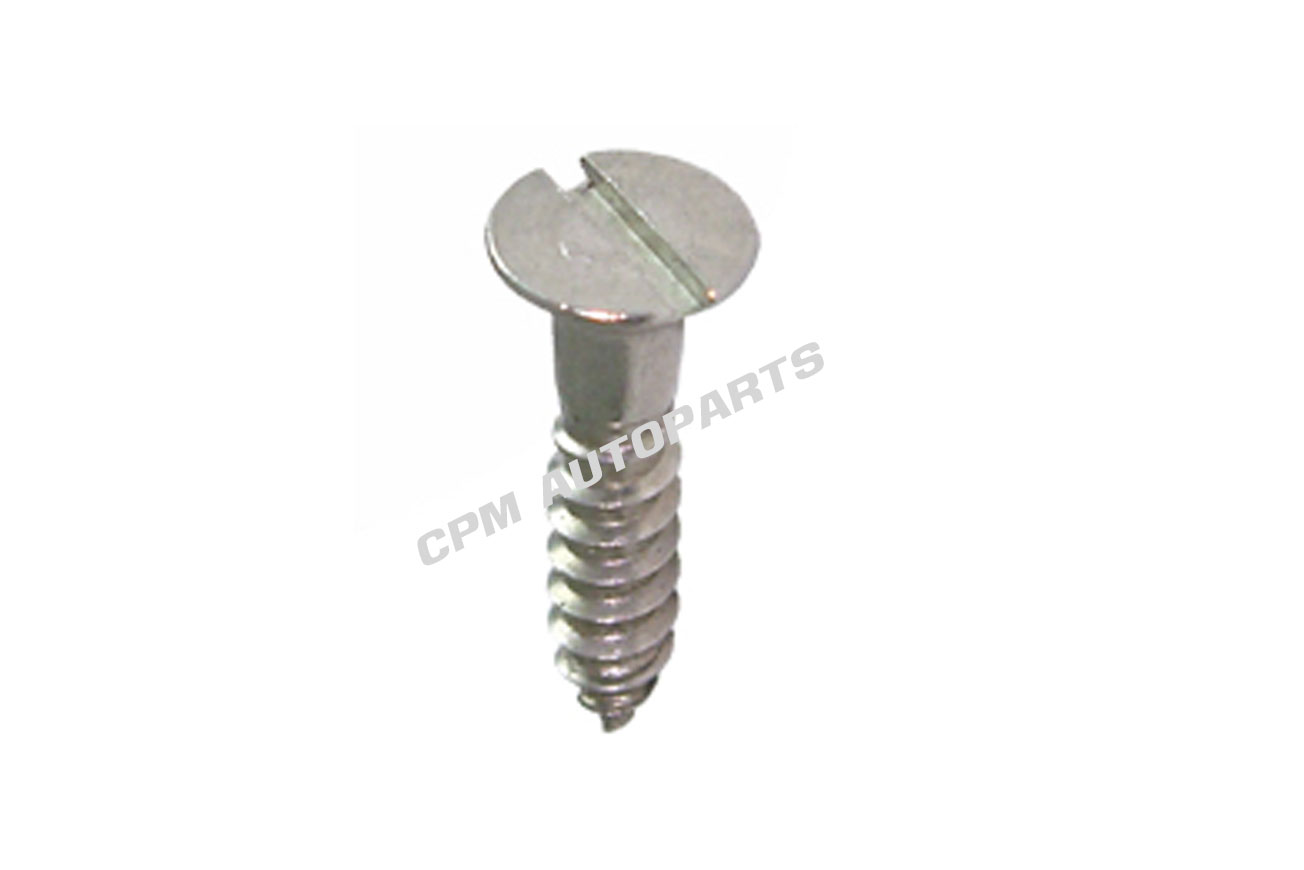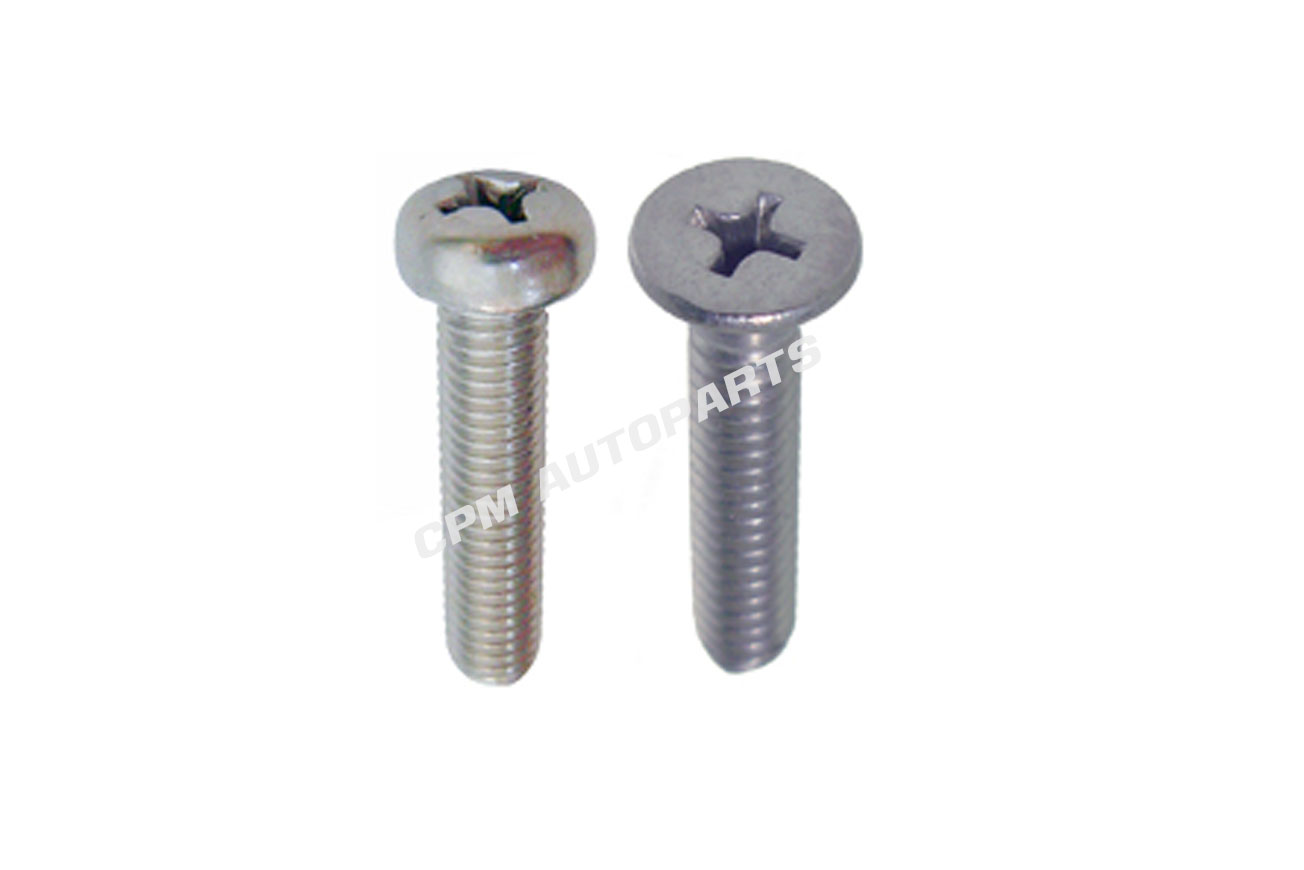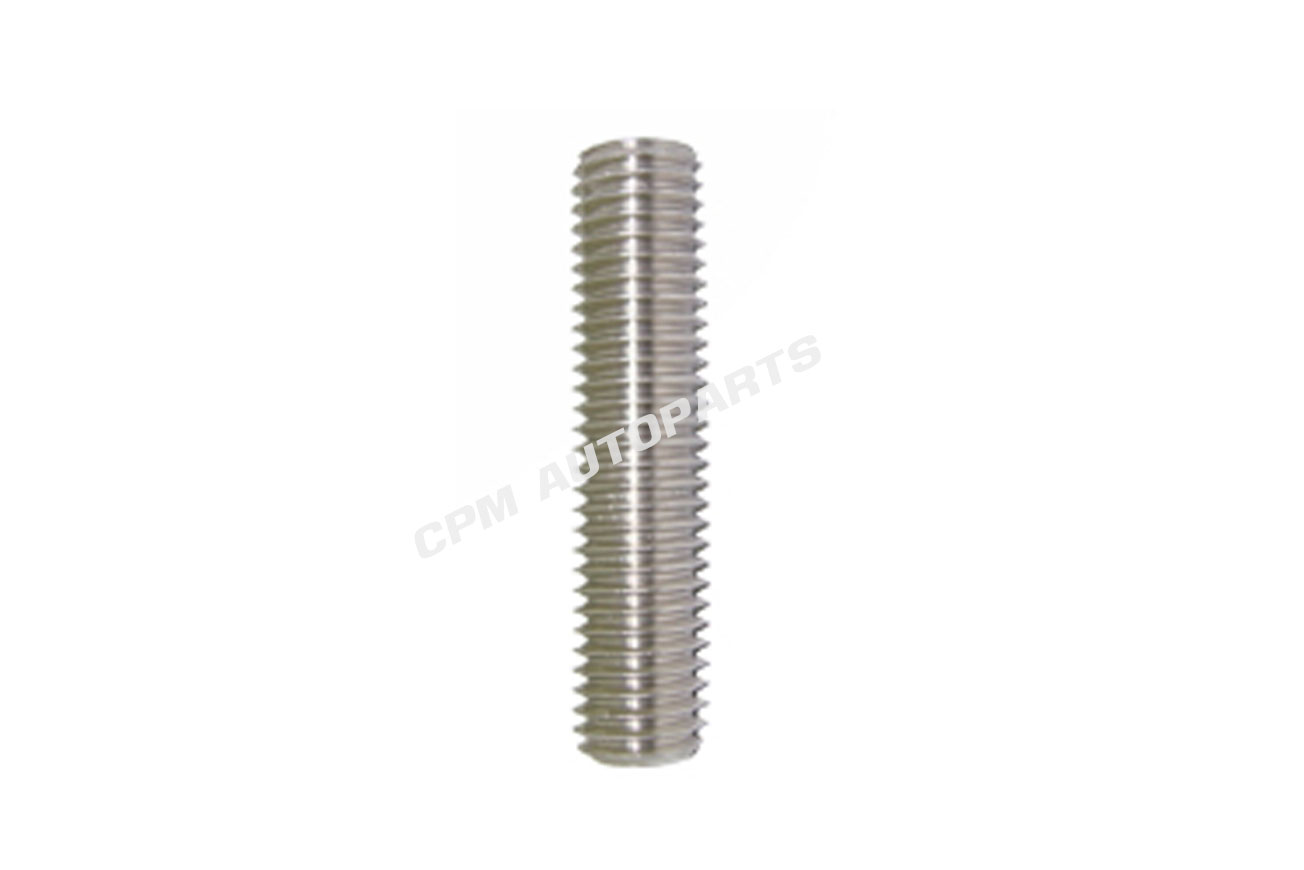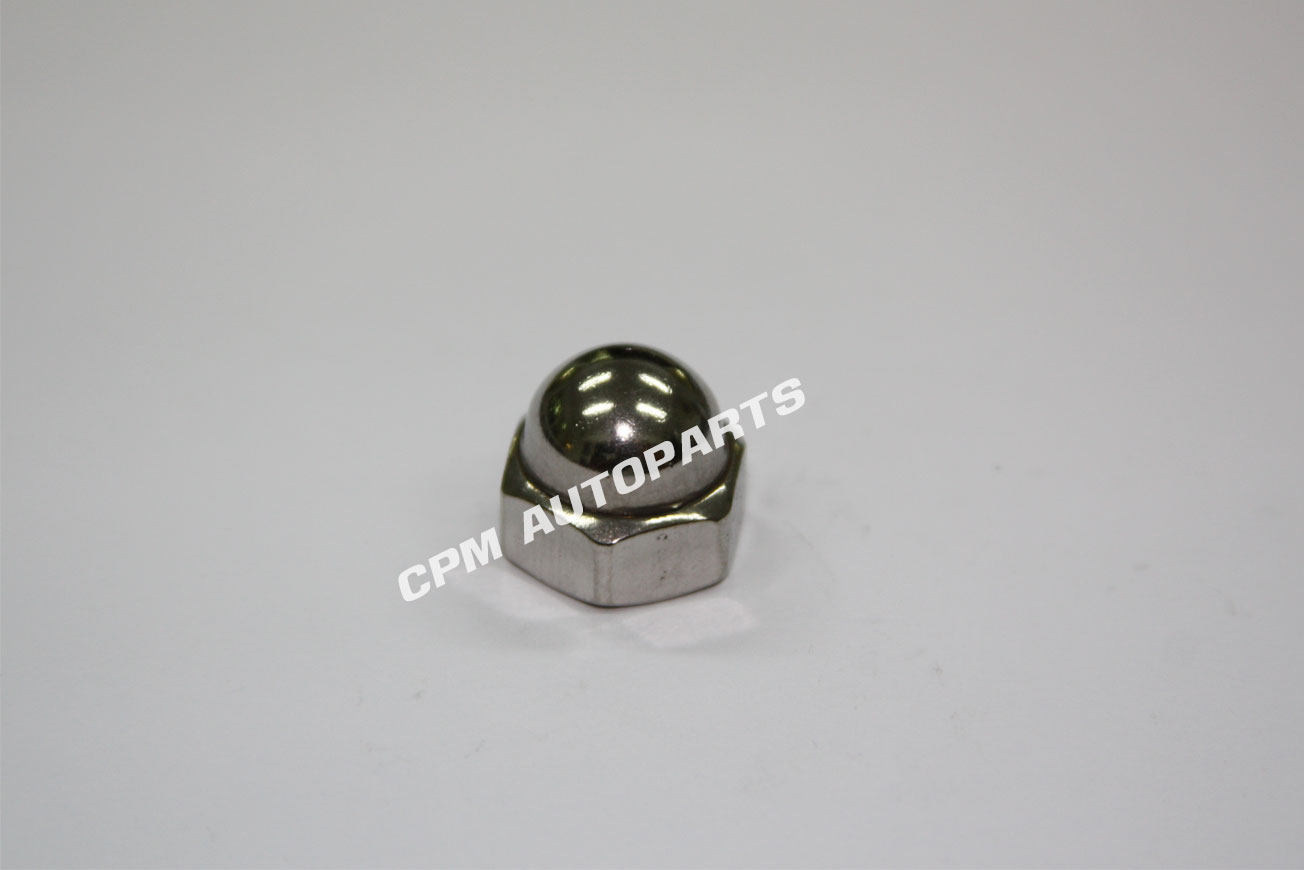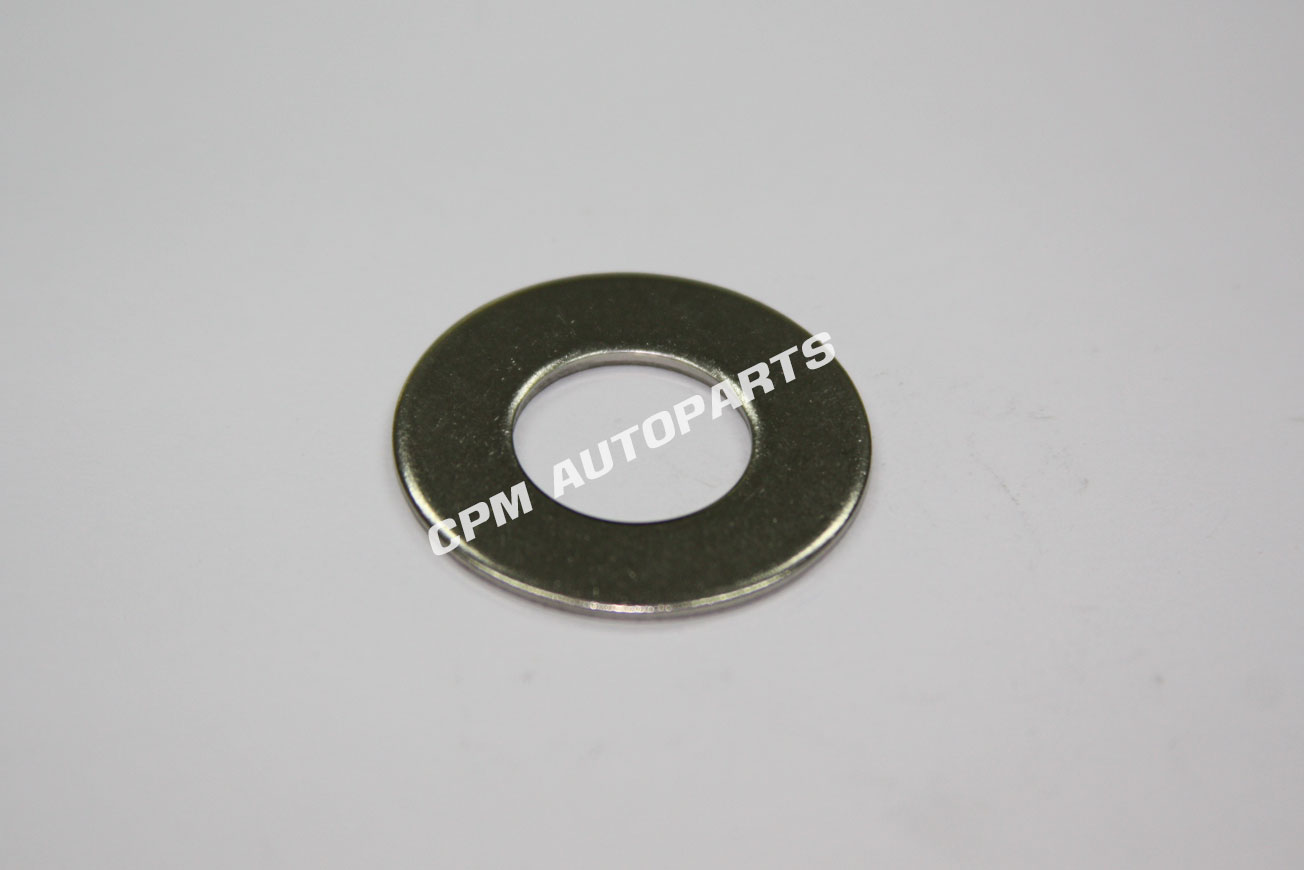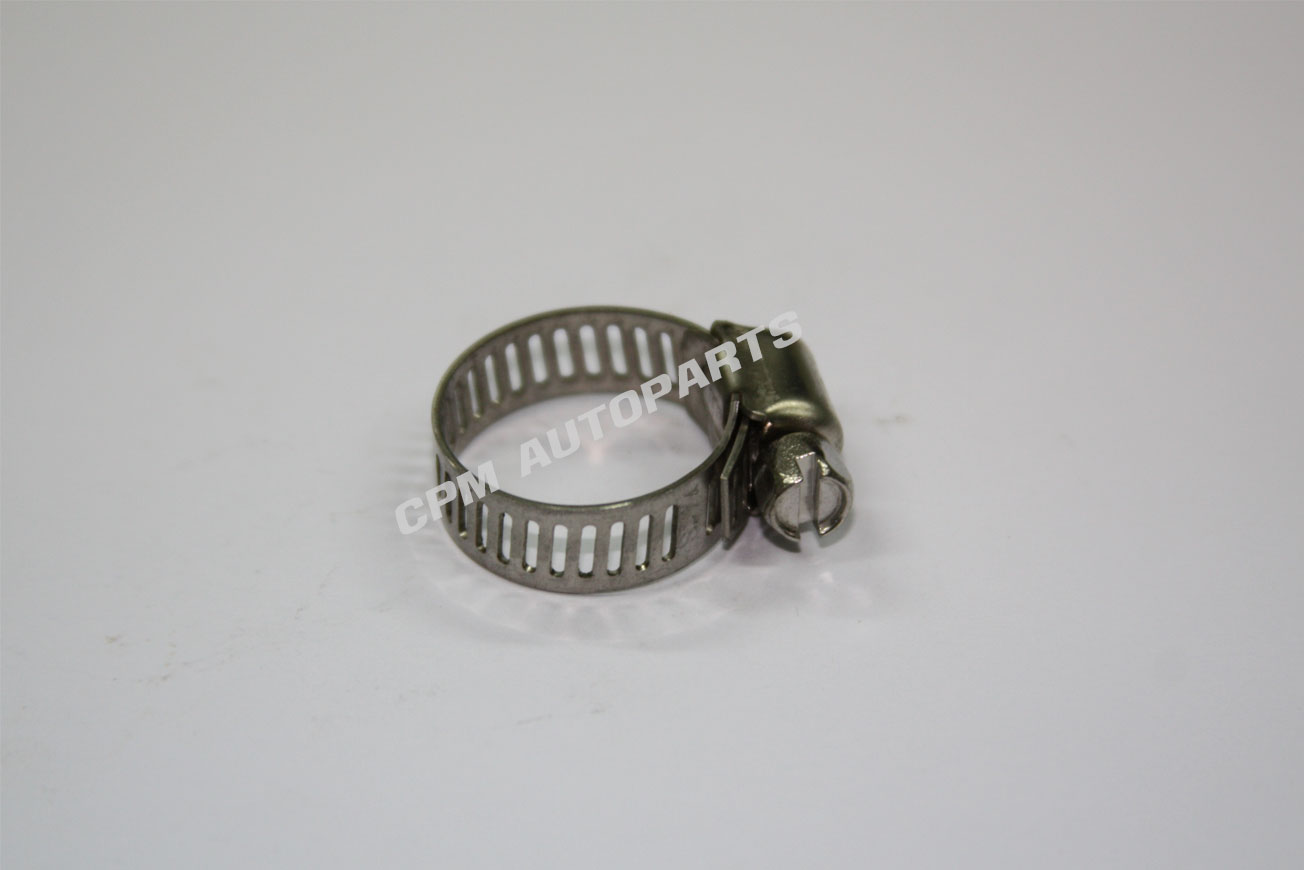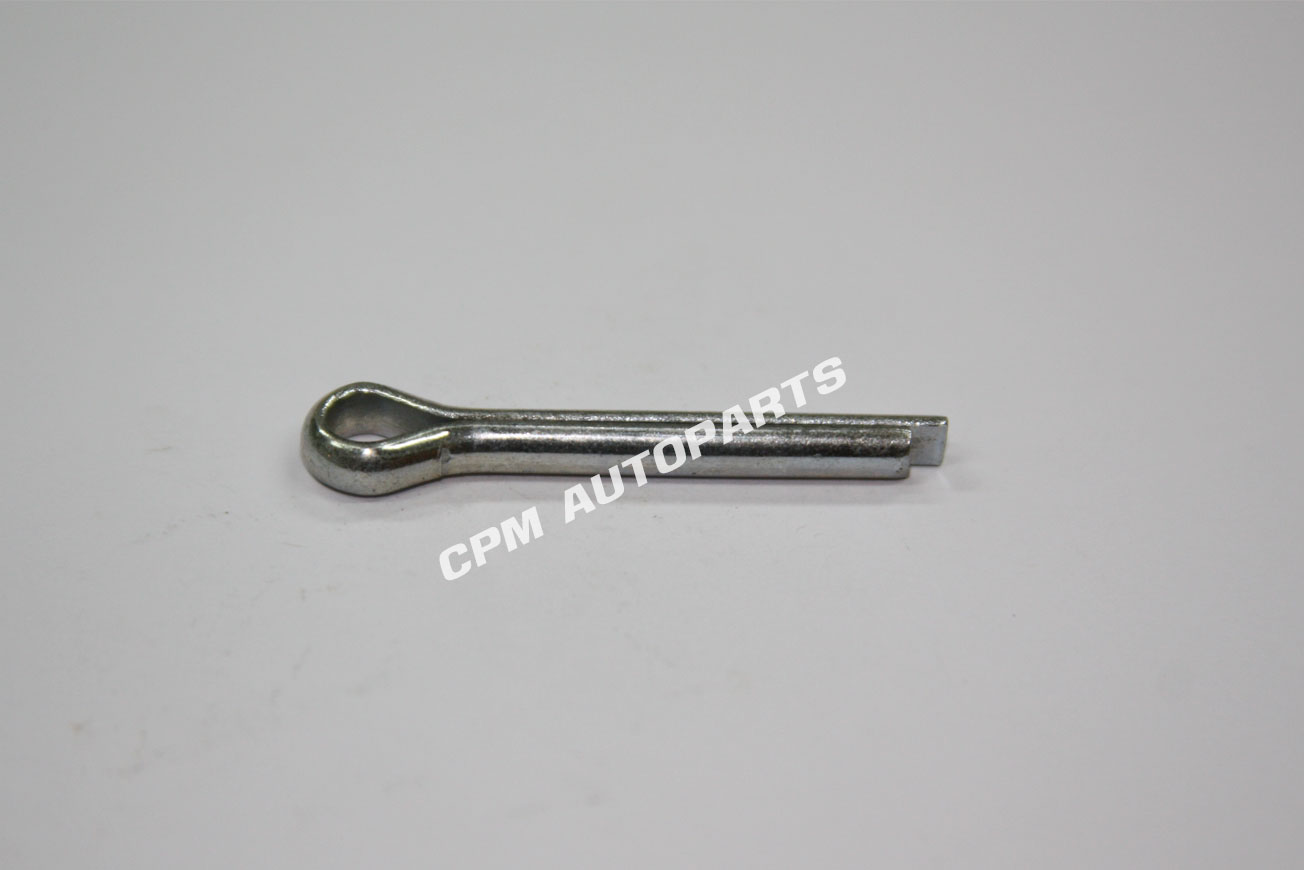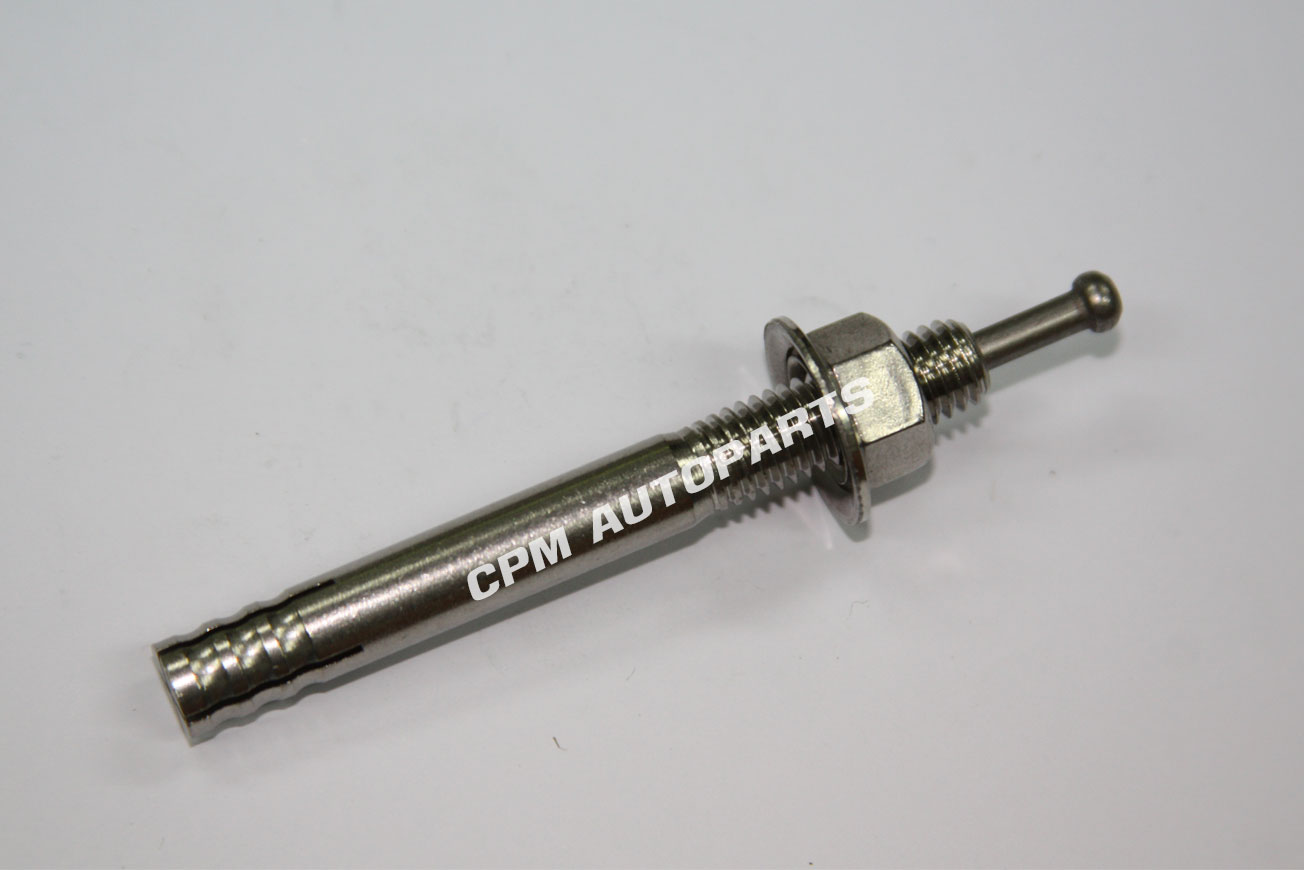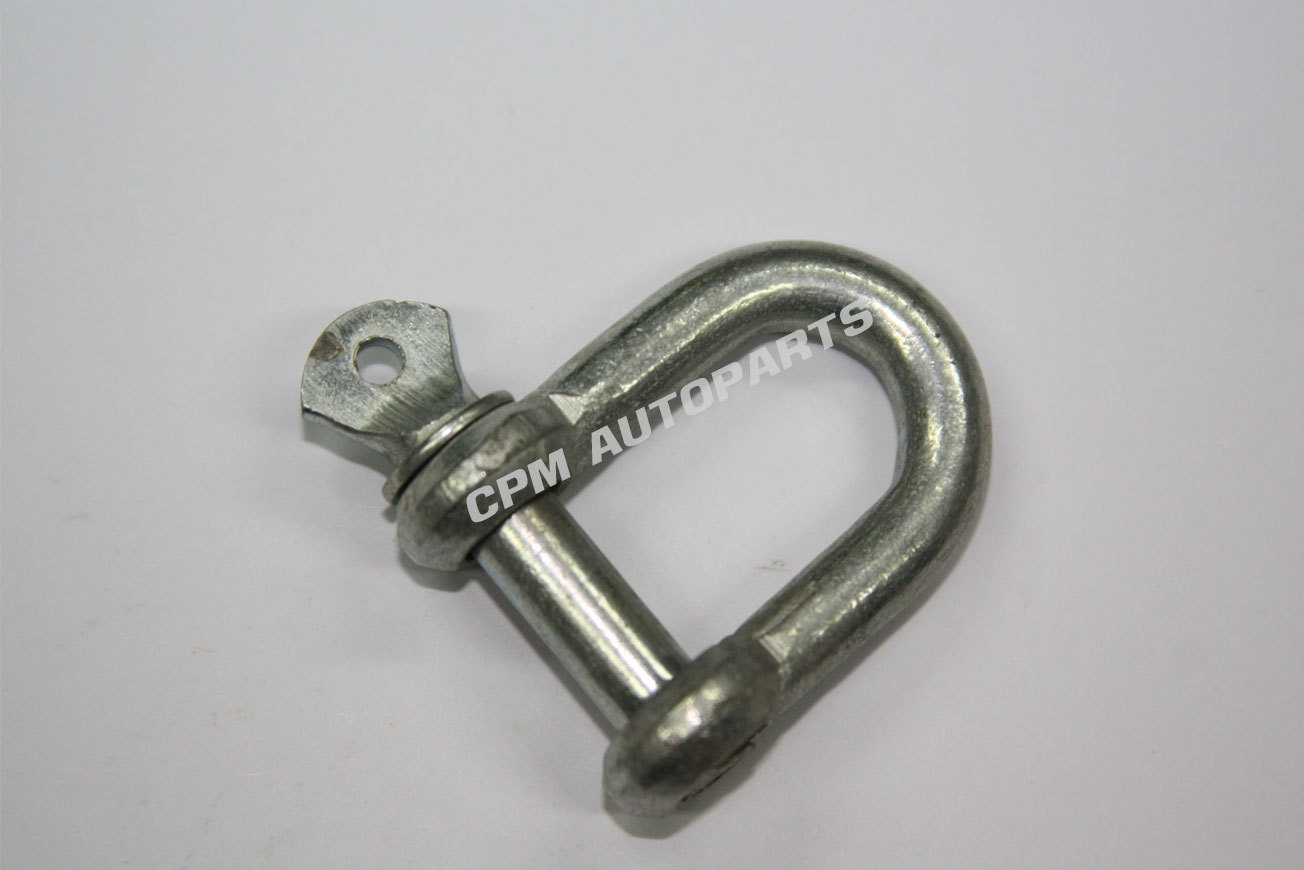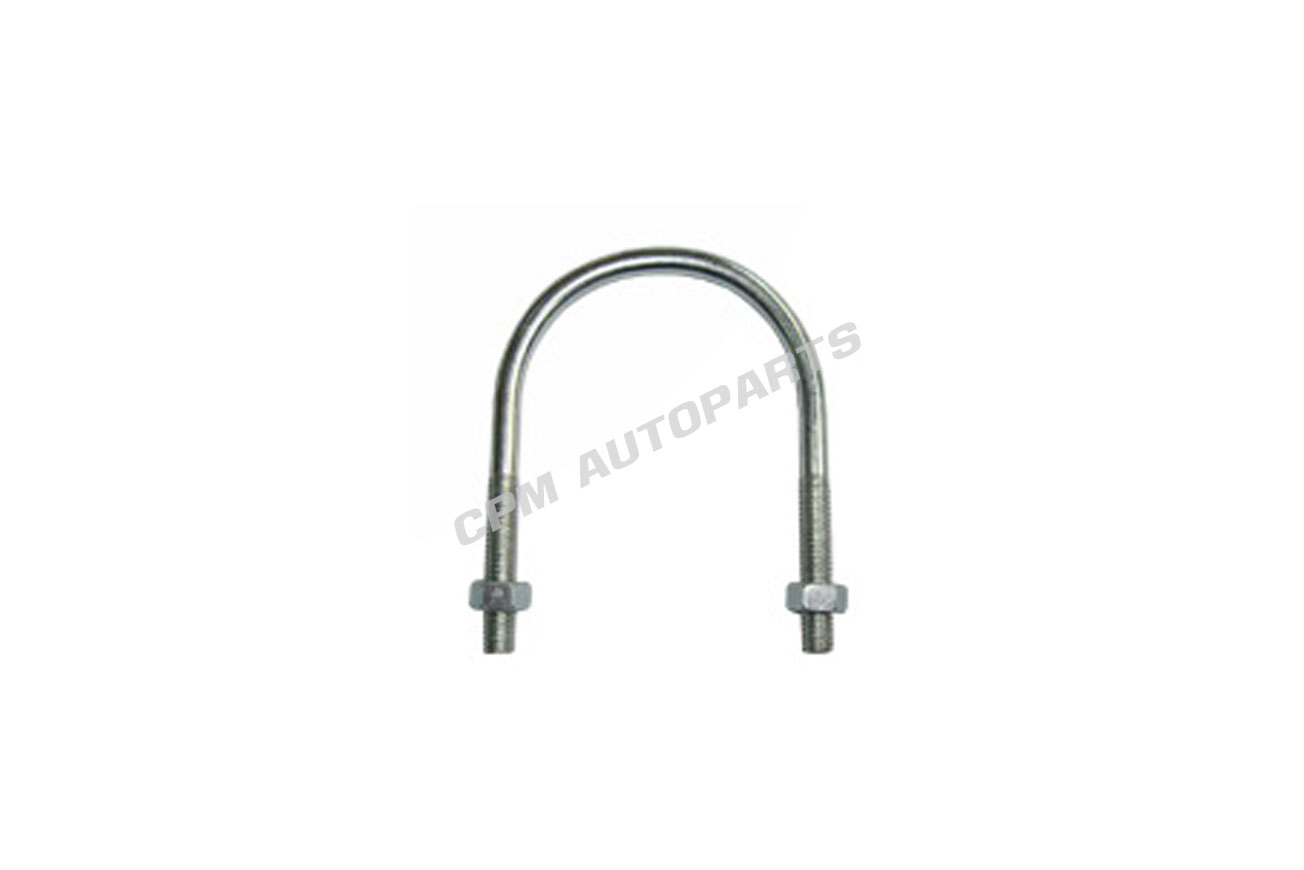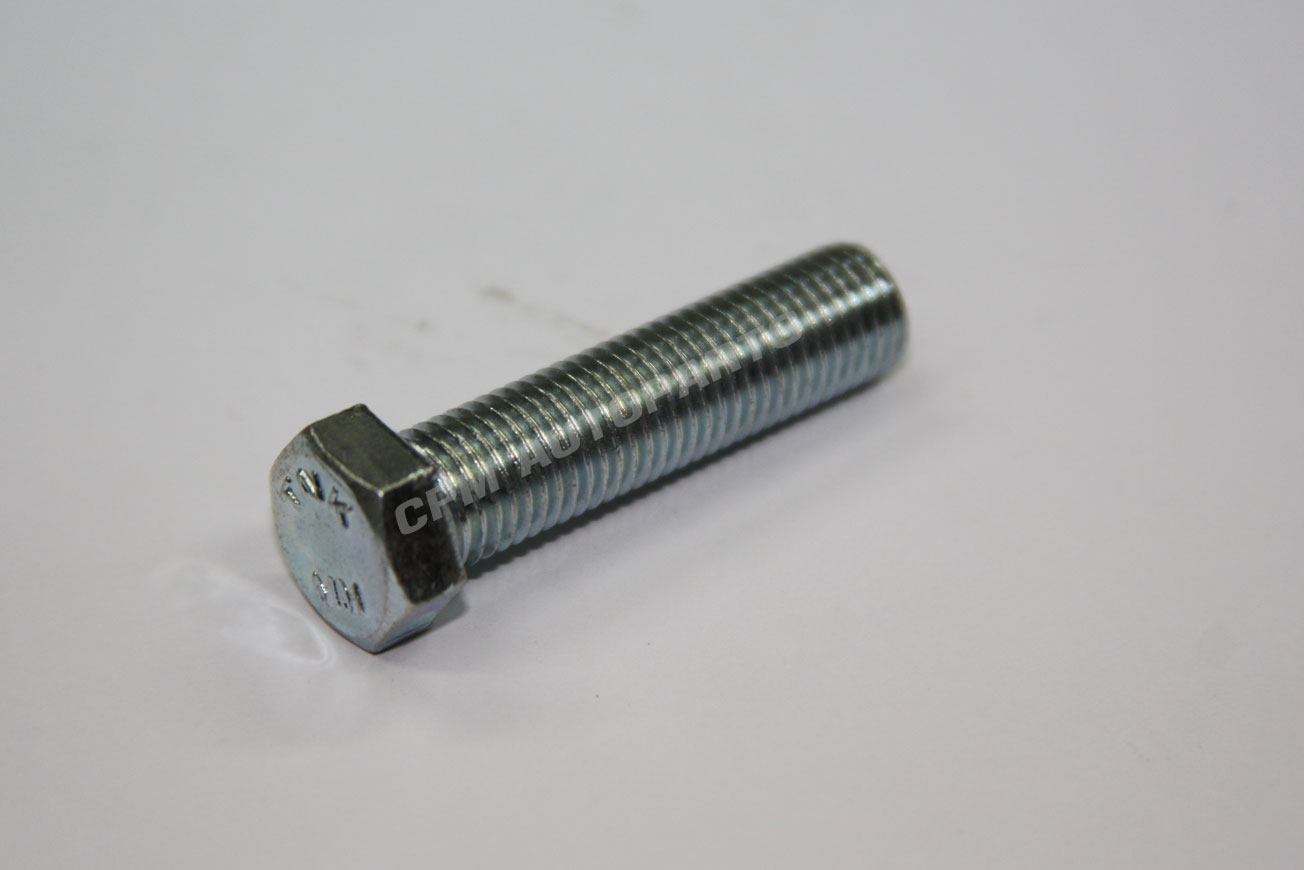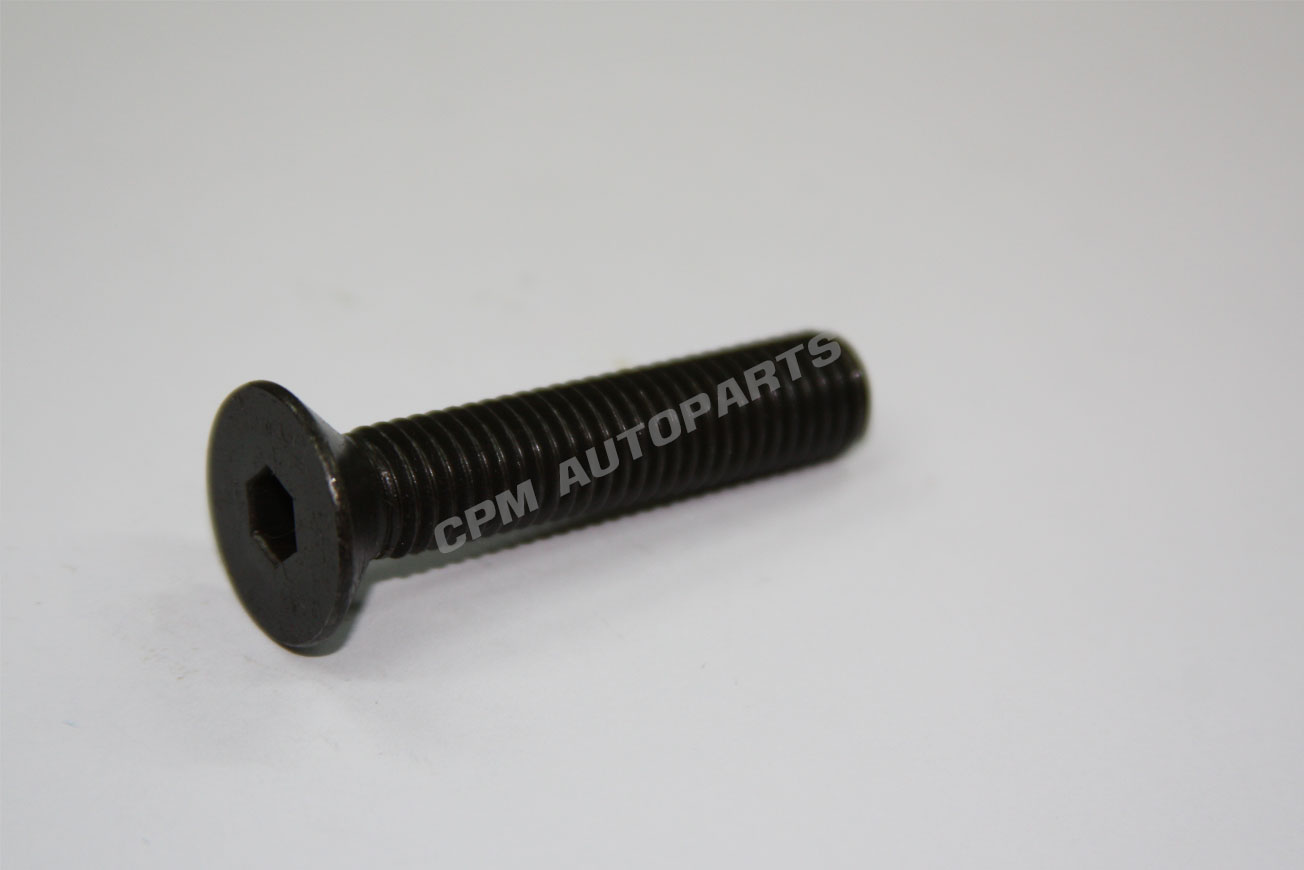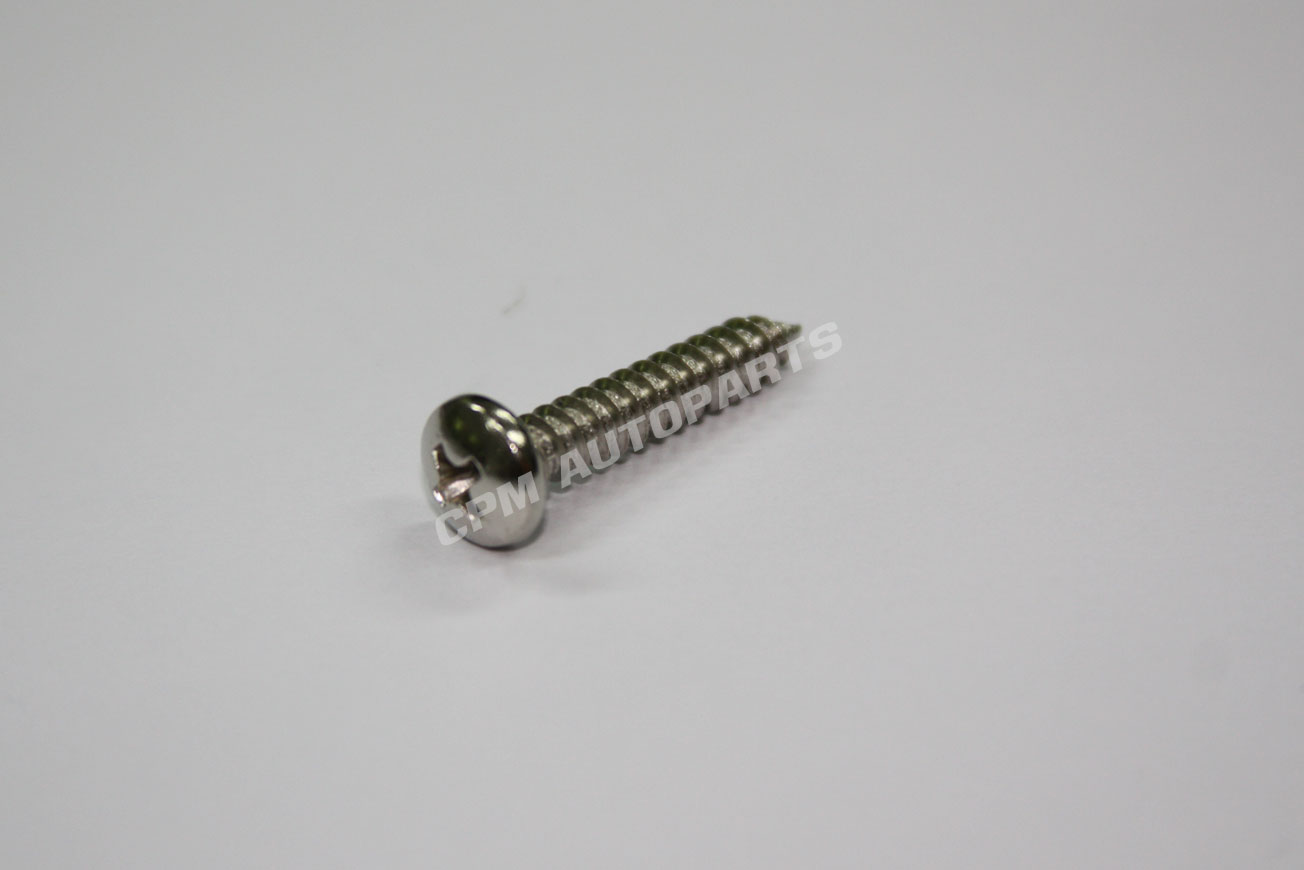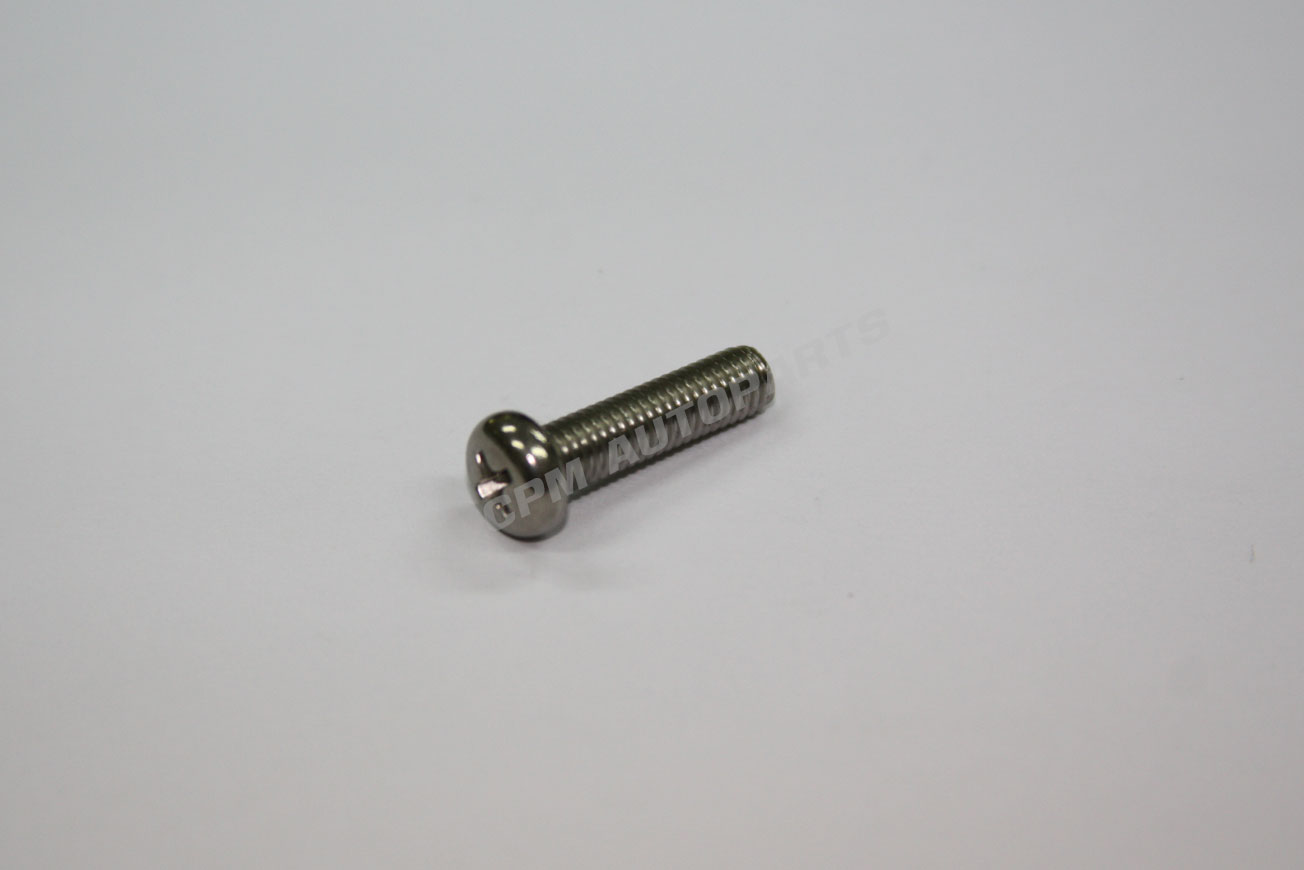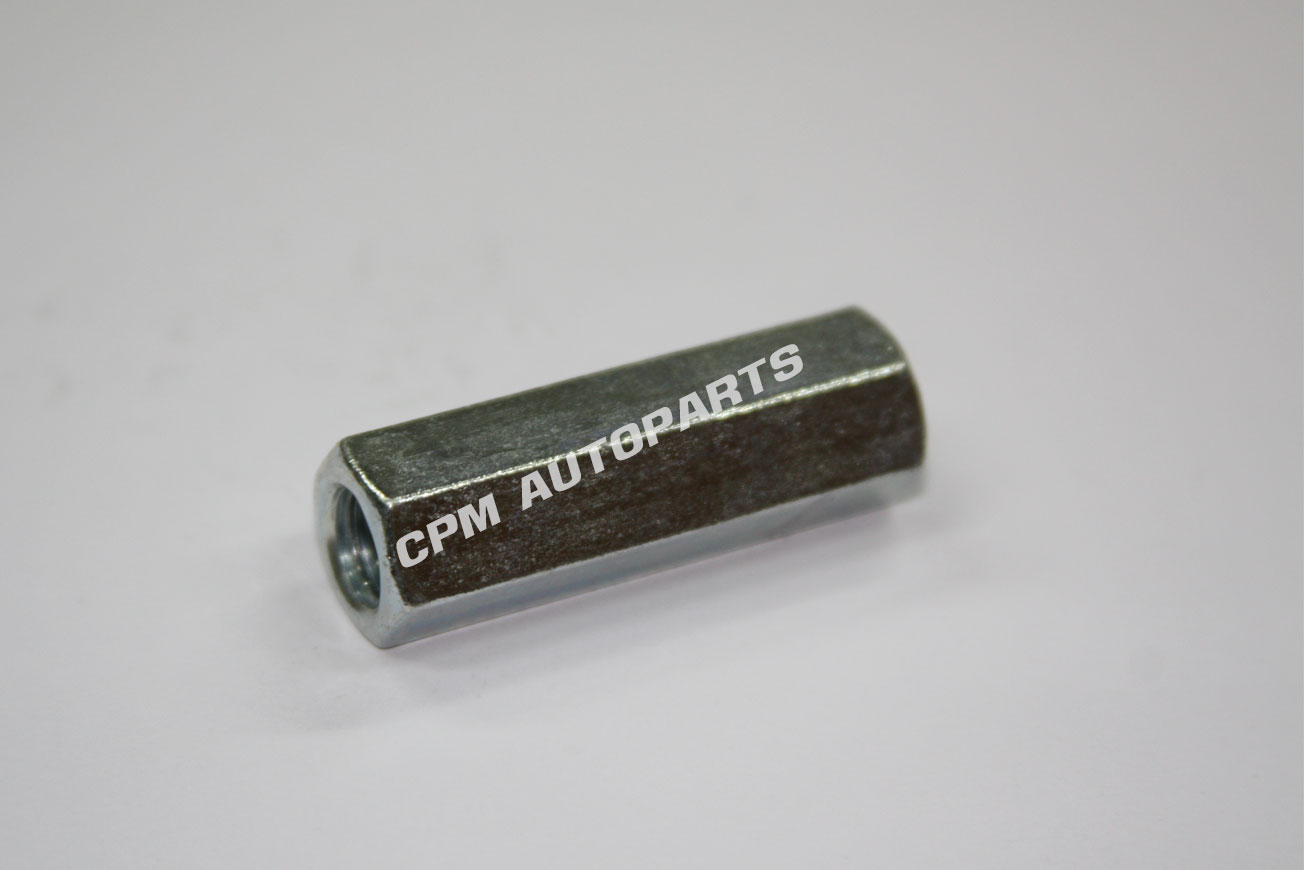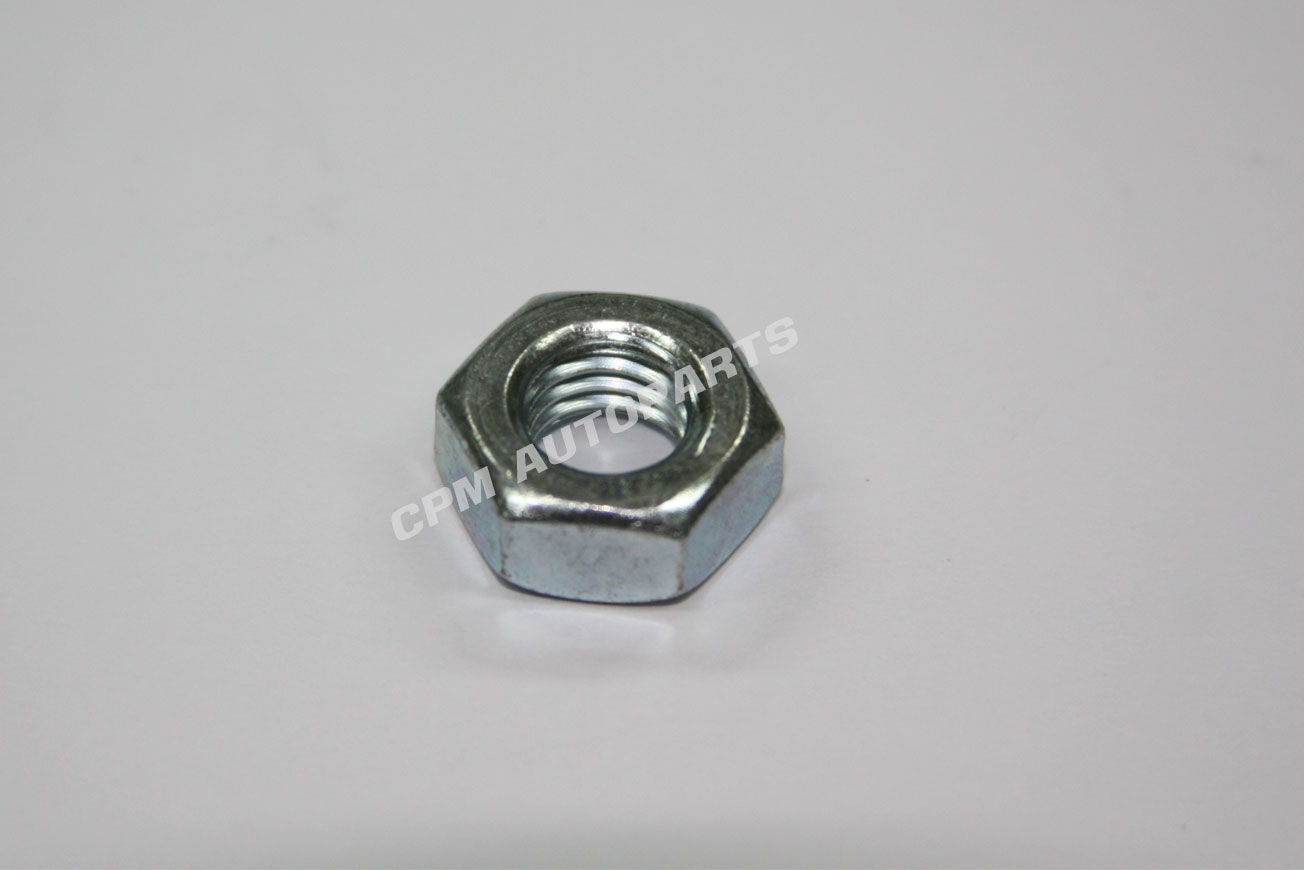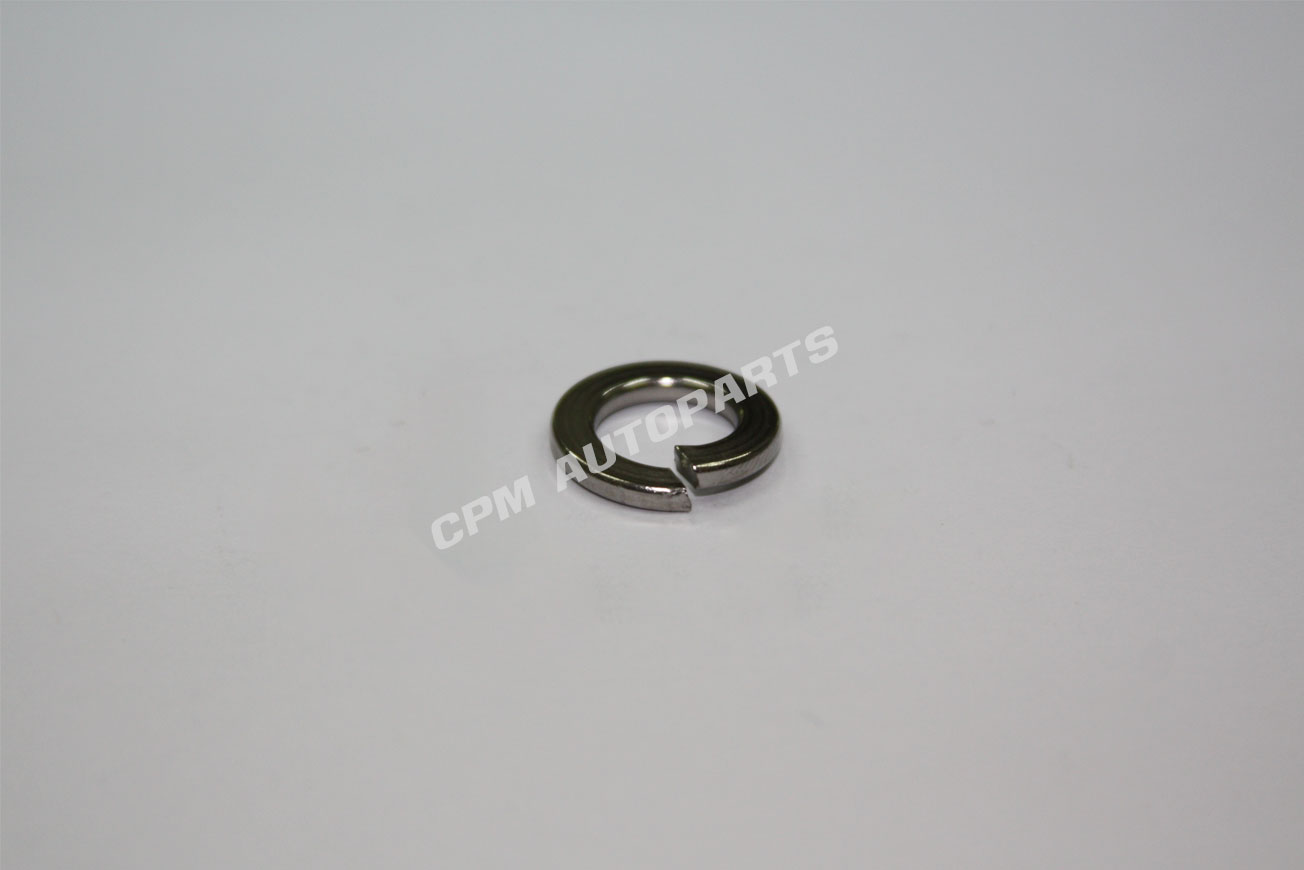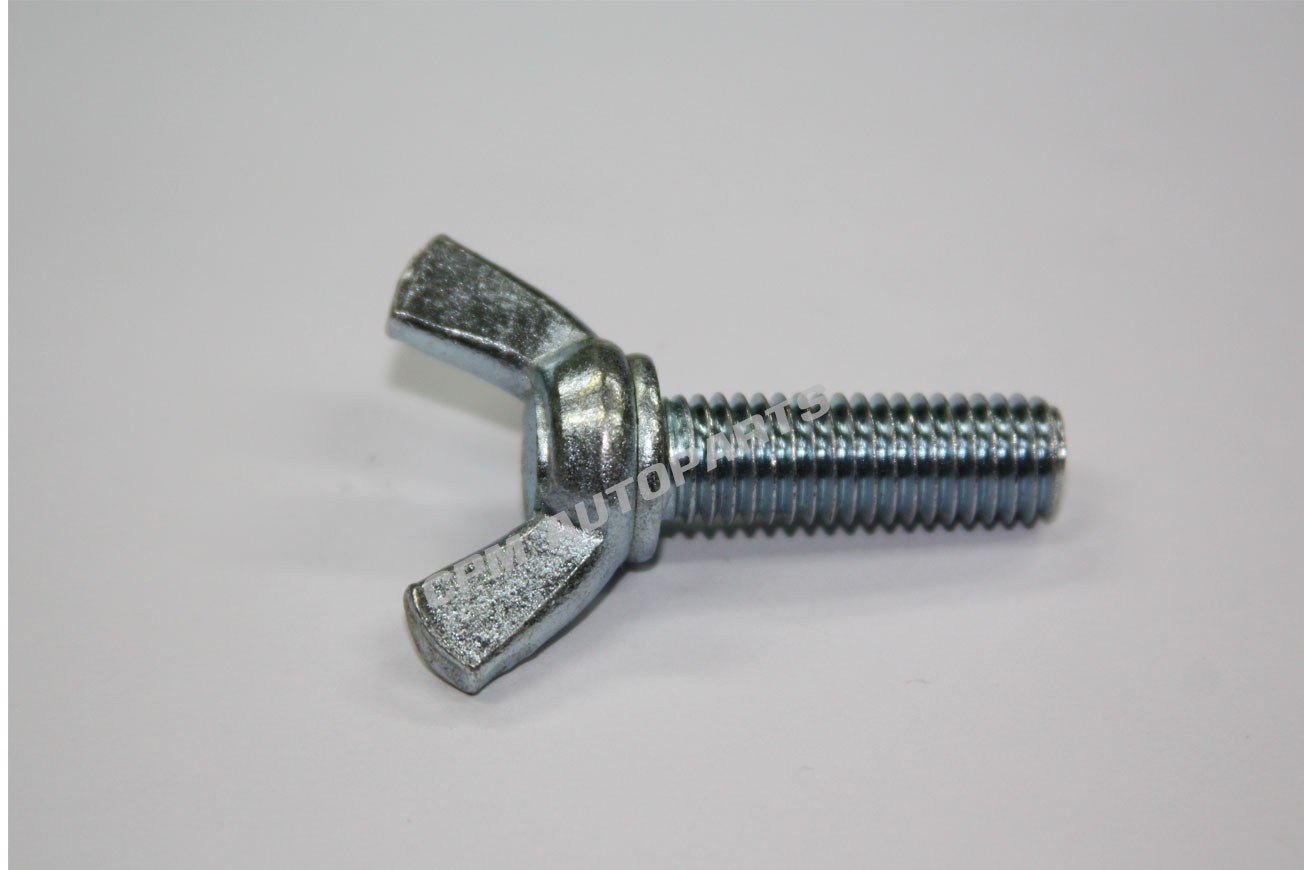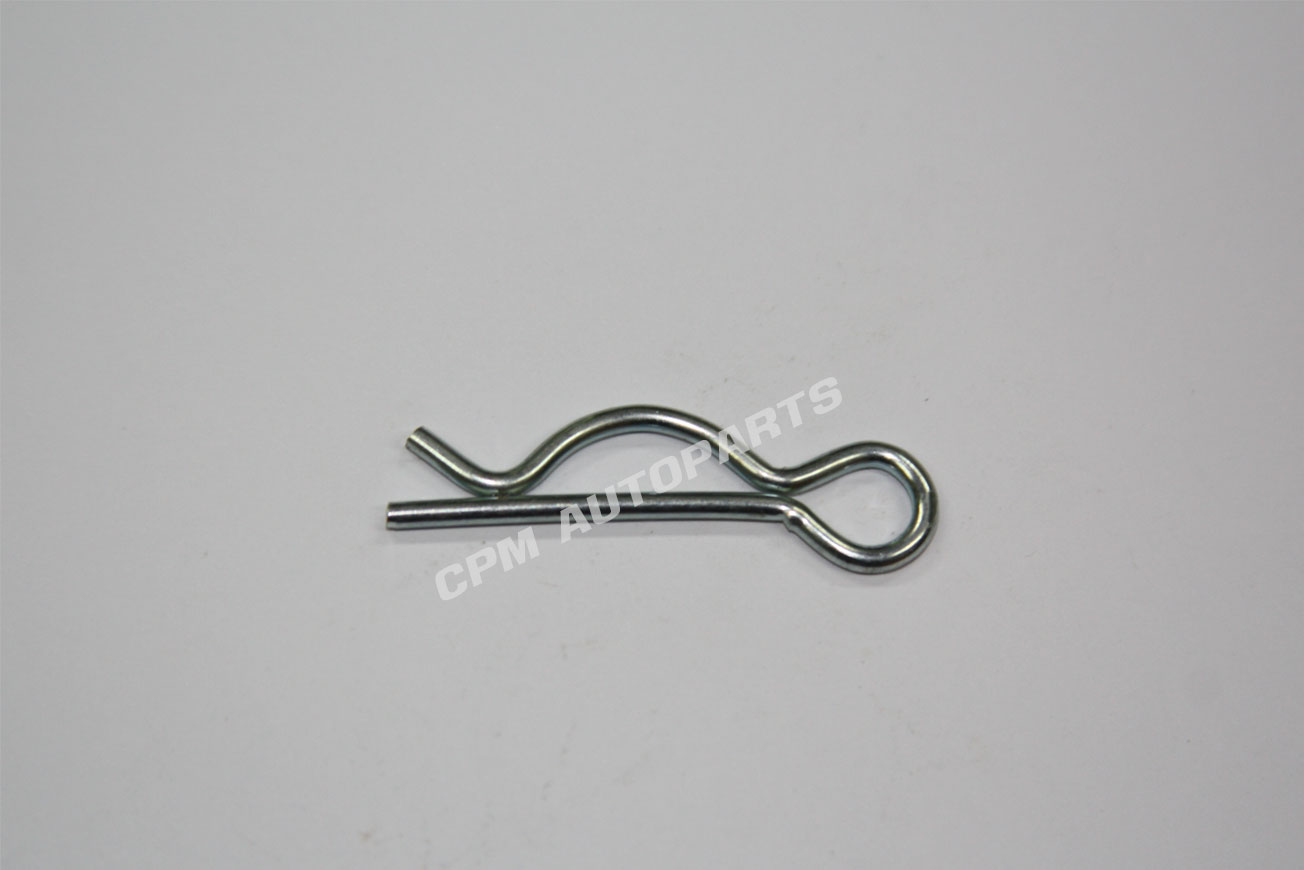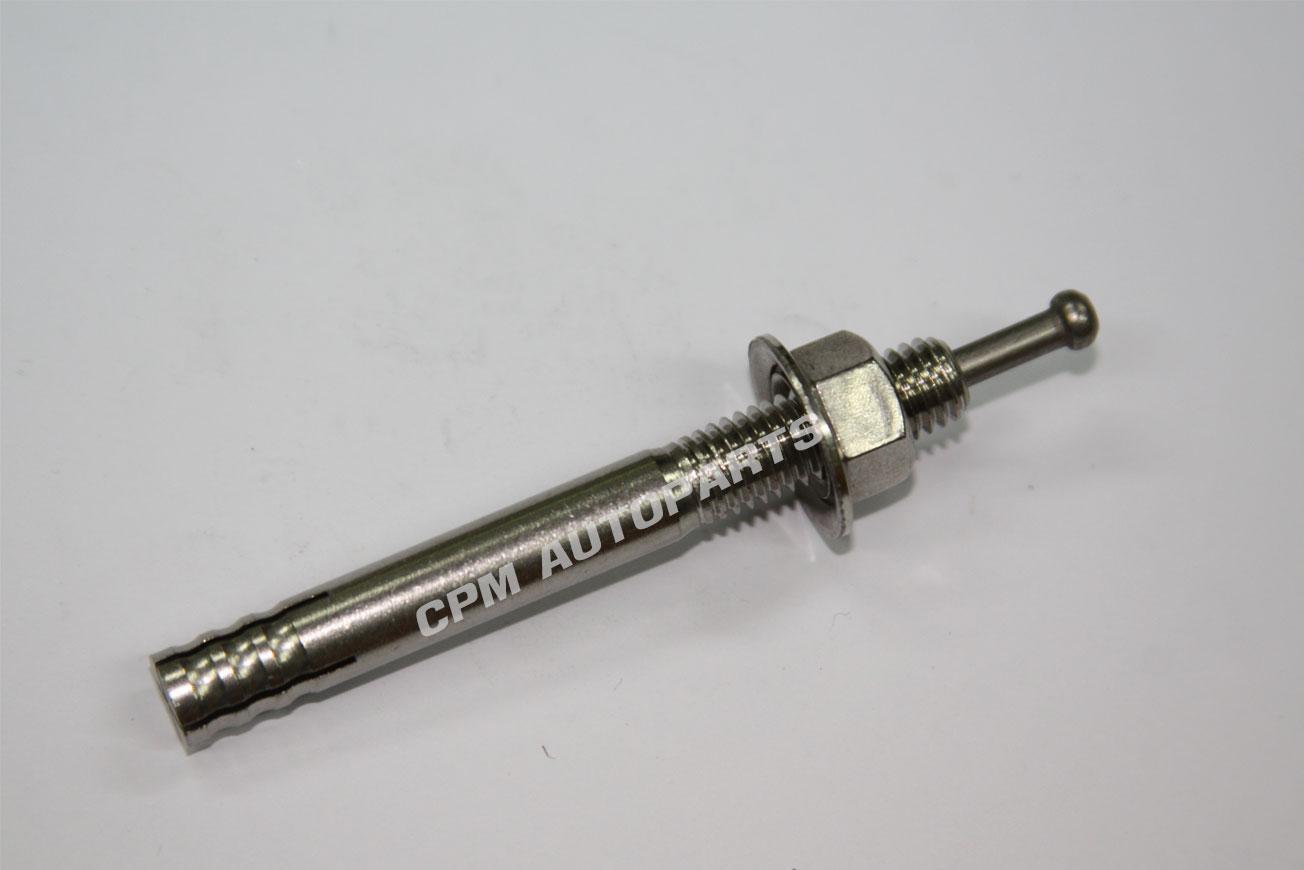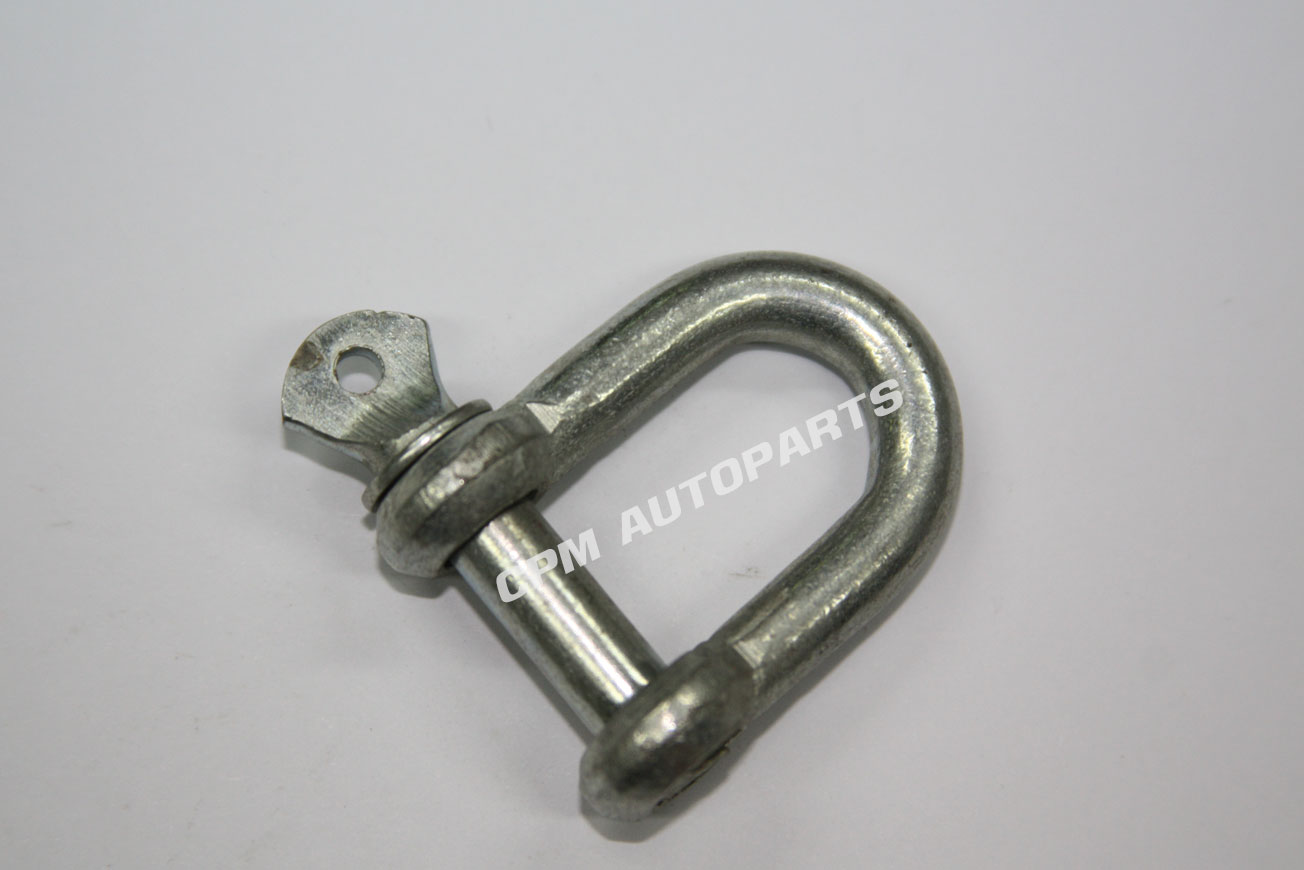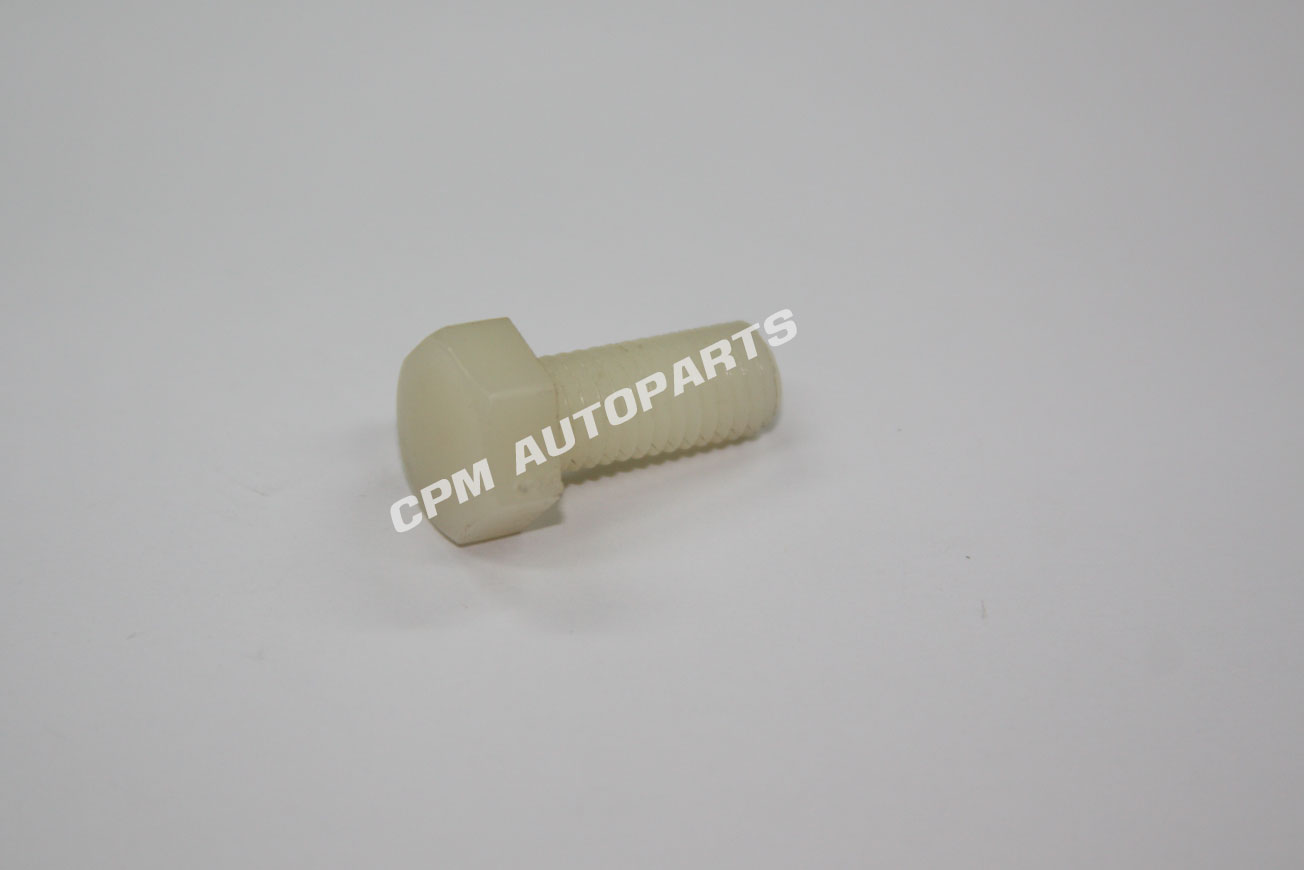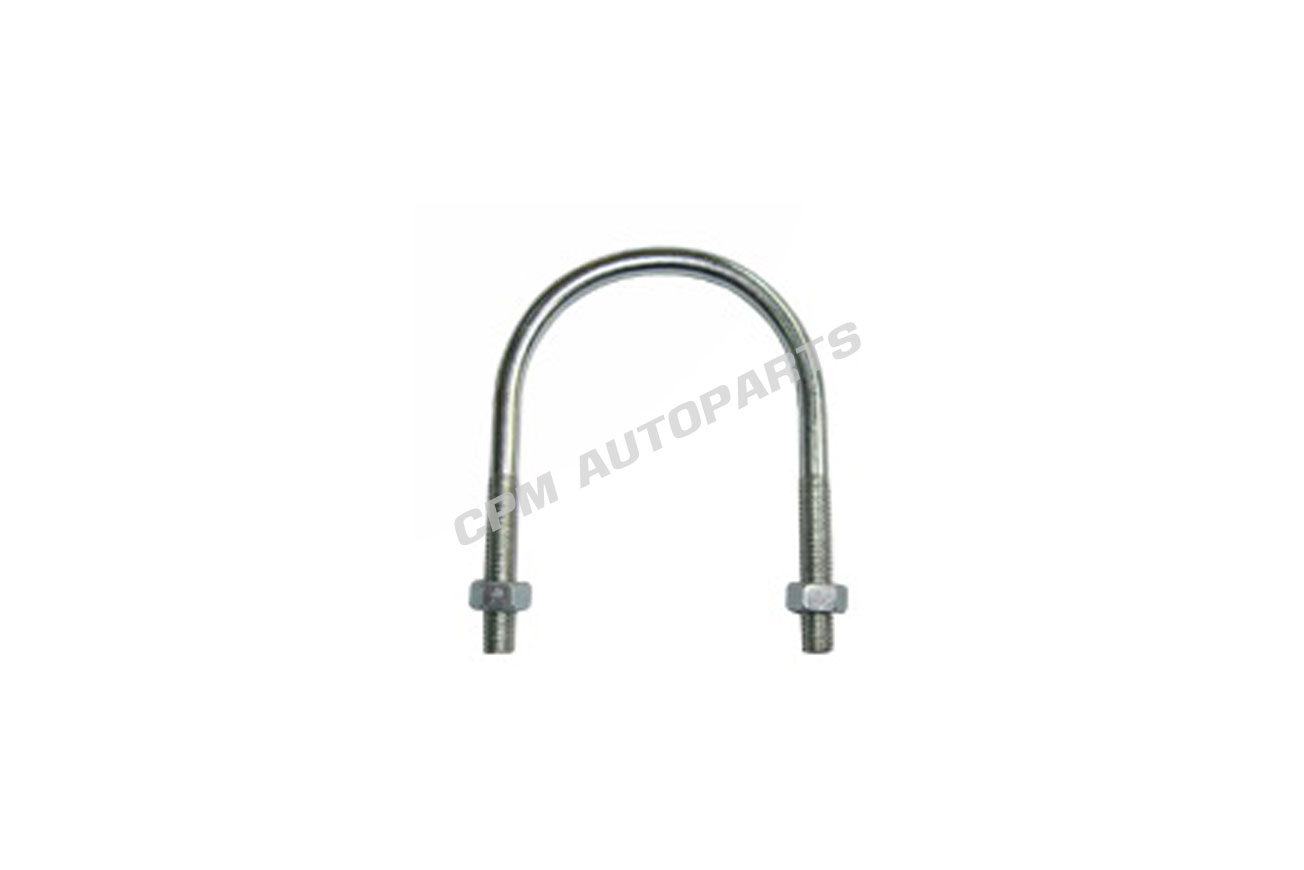Steel
In general, screws are manufactured from various types of raw materials to achieve differences in strength, load-bearing capacity, flexibility, corrosion resistance, and resistance to acids and bases. "Steel" is the most commonly used raw material for manufacturing screws, but each grade of steel used may vary.
Metal Coating
It serves to prevent rust, corrosion, and discoloration, which helps to improve the material's surface appearance and beauty. Additionally, it is suitable for high-quality work requiring strength, durability, and high performance. It enhances the beauty and roundness of the finished workpieces. Common coating methods include white zinc plating, galvanizing, and HDG (Hot-Dip Galvanizing).
Types of Hexagonal Screws
For example, black oxide grade 8.8 hex screws, BSW kilo screws, NC screws, wood screw releases, fine thread screws, and HDG-coated screws.
Types of Countersunk Screws and Worm Screws
For example, black countersunk screws, black taper head screws, black round head screws, black worm screws, and wood-inserted worm screws.
Types of Screw Threads
For example, black tapered head screw releases, black tapered head screw nuts, black knurled head screw releases, and black knurled head screw nuts.
Nut Types
For example, black nuts, black lock nuts, white zinc cap nuts, black plate nuts, and black square nuts.
Clamp and Lock Types
For example, steel plugs, galvanized pins, white zinc clevis pins, shooting nails, rivets, U-bolts, and eyebolts.
Ring Types
For example, white zinc snap rings, black snap rings, white zinc internal lock rings, white zinc external lock rings, E-rings, internal circlips, and external circlips.
